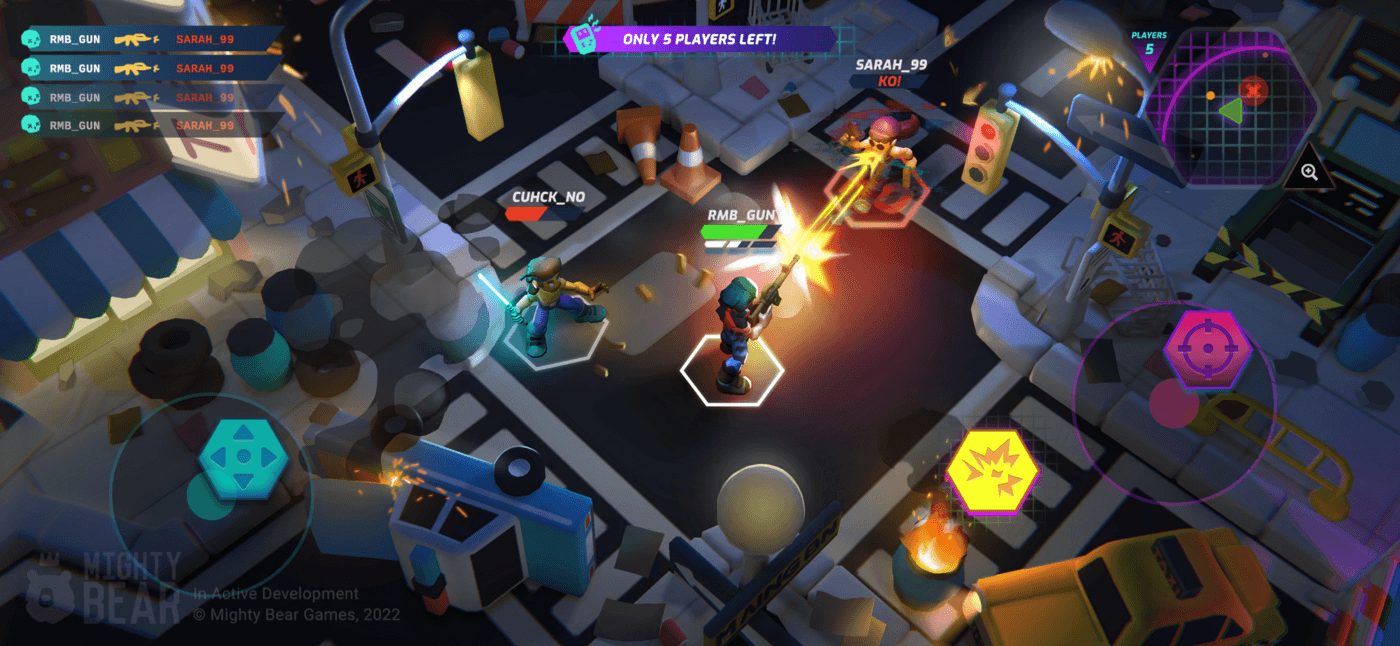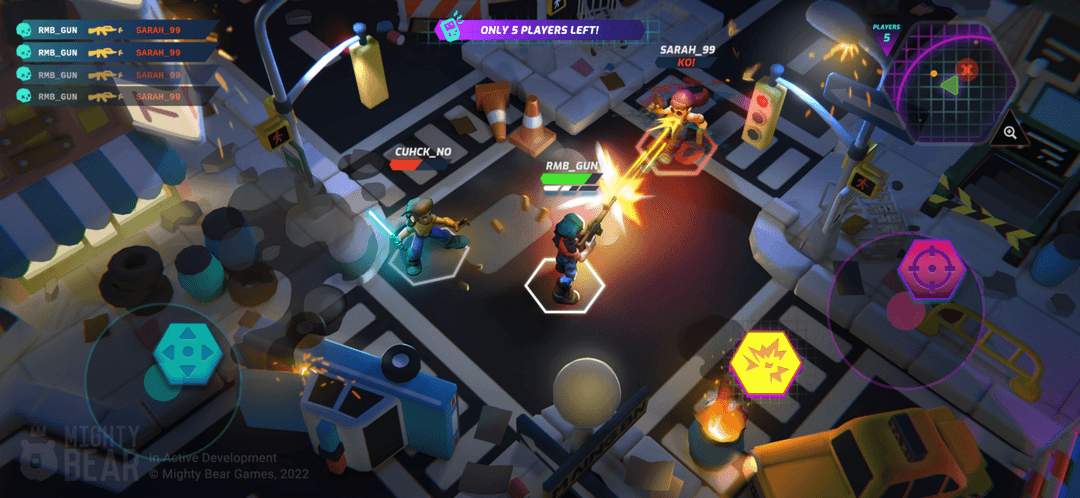


As gaming continues to evolve, it's always interesting for players, coaches, and anyone else involved in the gaming ecosystem to stay ahead of the trends.
And, one of the most exciting trends in gaming? The rise of crypto in gaming.
While it seems niche now, the potential for these technologies to influence mainstream gaming is growing fast.
Whether using these trends to check out new opportunities, integrate new game mechanics, explore new monetization strategies, prepare for coaching shifts, or just for fun, let's examine what's been happening and what may happen in 2024.
Last year was a big one for the Blockchain gaming/esports landscape. Developers began to understand Web3's limitations, while games themselves showed fairly slow but steady improvements.
Despite this slow evolution, web3 gaming has attracted big investment interest. Whether from hype or the actual technology, blockchain gaming raised over $1.4 billion between May and November 2023.
But, with this level of investment, can we expect a breakthrough? Let's guess what the future might hold.
Back to the start. Crypto gaming first made waves in 2017 with CryptoKitties. However, the success of projects like Decentraland during the 2021 bull run truly put blockchain gaming on the map.
The interesting thing? This initial surge wasn't fueled by gamers alone; marketers and tech enthusiasts played a significant role in propelling these projects forward.
However, the arrival of winter 2022, triggered by Terra's collapse, caused the entire crypto market to plummet.
Major metaverse and crypto gaming projects lost value, and interest in blockchain gaming dwindled. Despite some temporary spikes, the market struggled to recover. As such, Game7 reported that many blockchain games remained indie or mid-sized projects, with more than 50 being abandoned.
Yet, not all news was bleak. PitchBook's Q3-2023 Gaming Report described blockchain gaming as "forgotten, not gone," suggesting a potential for a resurgence.
The Terra community responded by launching a new version of the blockchain, along with a new token called Terra (LUNA) 2.0. Although different from the original LUNA, this new version aims to rebuild and advance the project, making it accessible for purchase to a broader audience.
However, the critical question remains: Can crypto gaming capture the interest of mainstream gamers in 2024?
"There is a clear overlap between gaming and DeFi, though not universally applicable to all games," says Karl Blomswell, CEO of Nibiru Software.
Although blockchain game developers have long praised the synergy between gaming and DeFi, recent years have seen a more concerted effort to incorporate DeFi into actual gameplay.
Honeyland, a Web3 strategy game based on the Solana blockchain, illustrates this trend by combining DeFi mechanics directly into the game. In Honeyland, players can use tokens (HXD) to participate in various in-game activities, which directly influence their success and rewards.
Play-to-earn (P2E) gaming has been one of the most significant trends in the gaming space. It allows players to earn real-world value through in-game activities. However, the monetisation opportunities within P2E have also given a massive rise to secondary gaming markets.
The most popular among these gaming markets are service sites. These platforms allow players to pay for higher rankings, better in-game items, or faster progression, capitalising on the desire to maximise earnings. Even WeCoach users asked for crypto as a payment method!
Large gaming companies are gradually warming up to blockchain tech; Ubisoft's 2021 announcement of Ubisoft Quartz aimed to link players and game worlds, though it was met with mixed reactions. Despite the initial backlash of the announcement, Ubisoft continues to explore blockchain partnerships, such as its recent collaboration with Immutable in new blockchain games. How well will this end up? Only time will tell.
Even massive industry giants like EA have referred to the tech as "the future of gaming," so it only makes sense that more established companies explore this further.
While blockchain games often emphasise earning potential through play, many still need to prioritise enjoyment, which has yet to be lacking in recent developments. Luckily, the industry is finally starting to recognise the importance of fun within these games.
For years, blockchain gamers have often viewed themselves differently from the traditional gaming community, sometimes with criticisms.
However, with conventional large-scale gaming companies and Esports organisations looking to develop new experiences, 2024 could offer an opportunity for game developers to bridge the gap.
To succeed, developers should prioritise fun and reduce the emphasis on the games' earning potential. In contrast, large gaming companies entering the blockchain space should be cautious, focusing on their core audience and what works while simplifying blockchain concepts.
If executed well, 2024 could become a pivotal year when traditional gamers finally embrace decentralised gaming.
Ultimately, the future of crypto gaming will depend on developers' actions. By the end of 2024, blockchain games may gain recognition akin to the transformative impact of iconic titles like GTA on the open-world genre. However, as with any guess, only time will tell.

Roger is an esports journalist and content writer specializing in League of Legends guides, patch analysis, and coaching insights.
View all articles